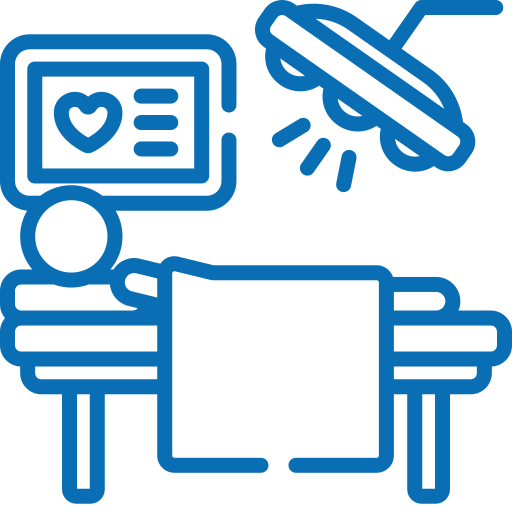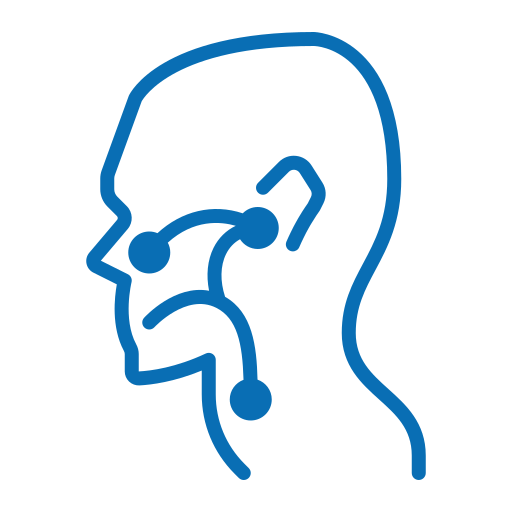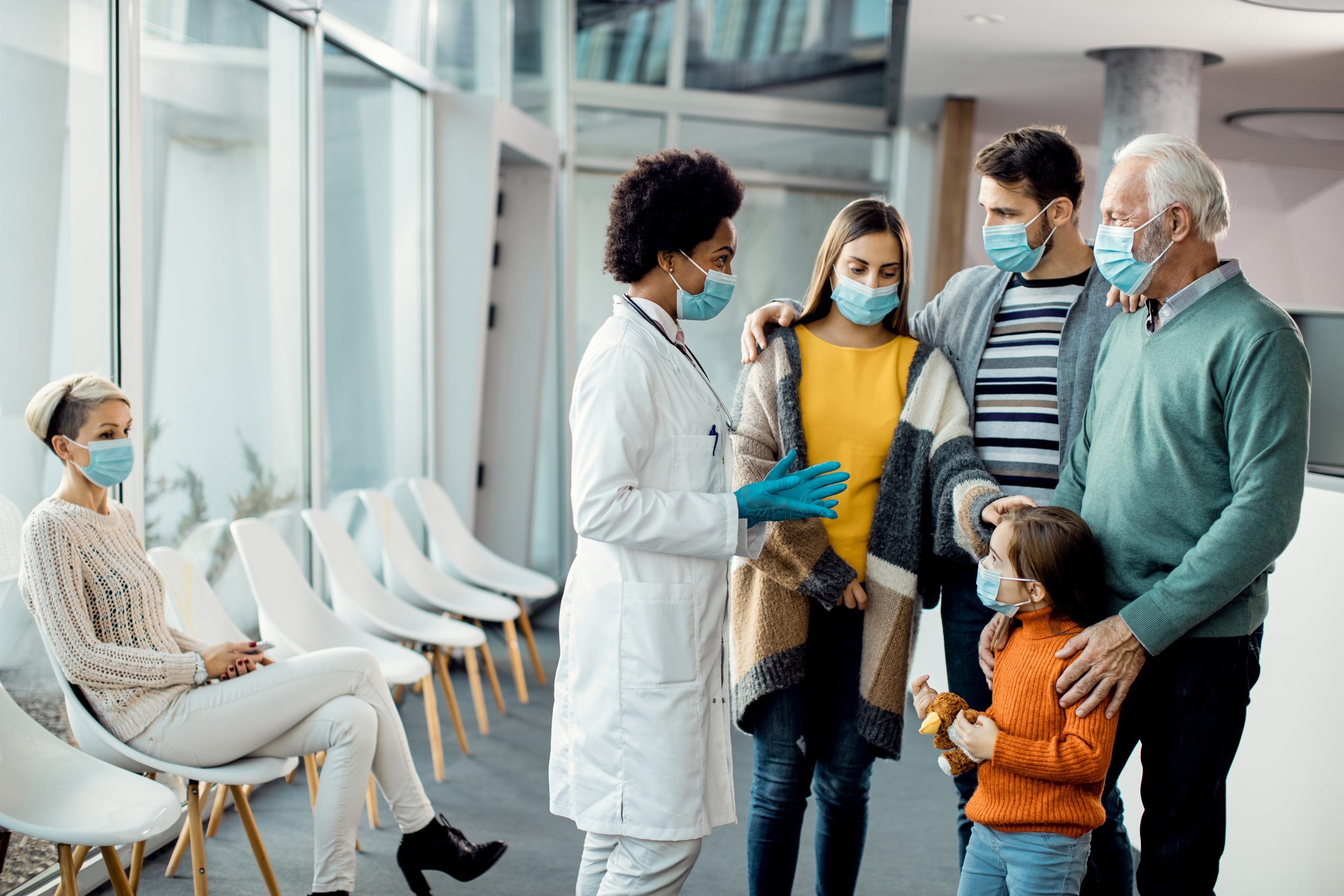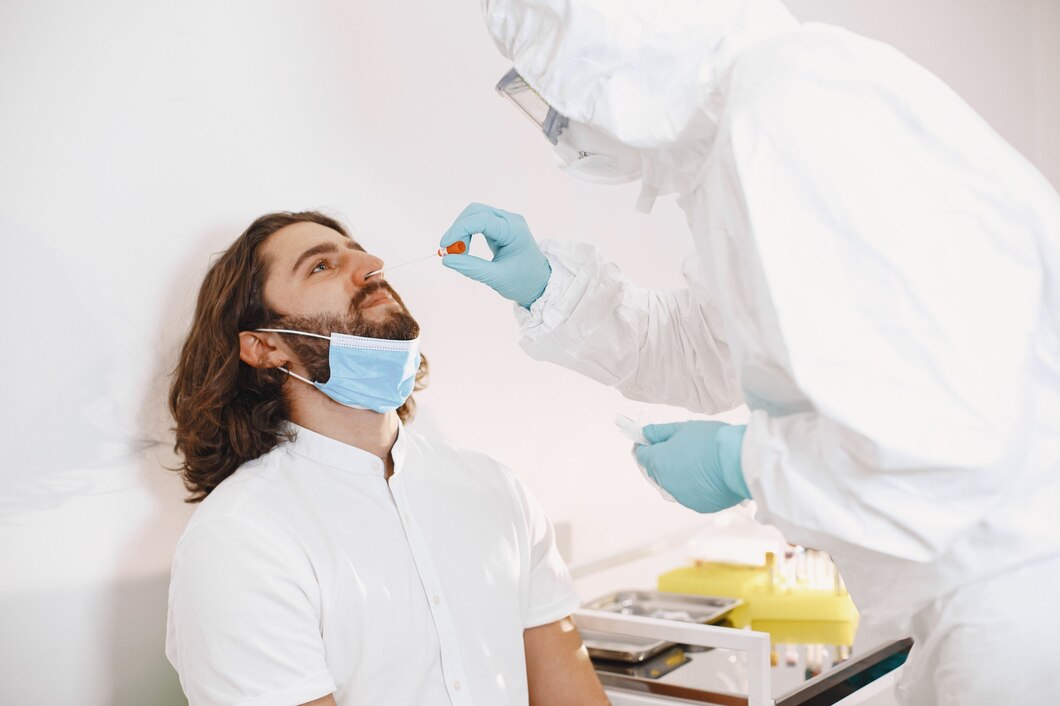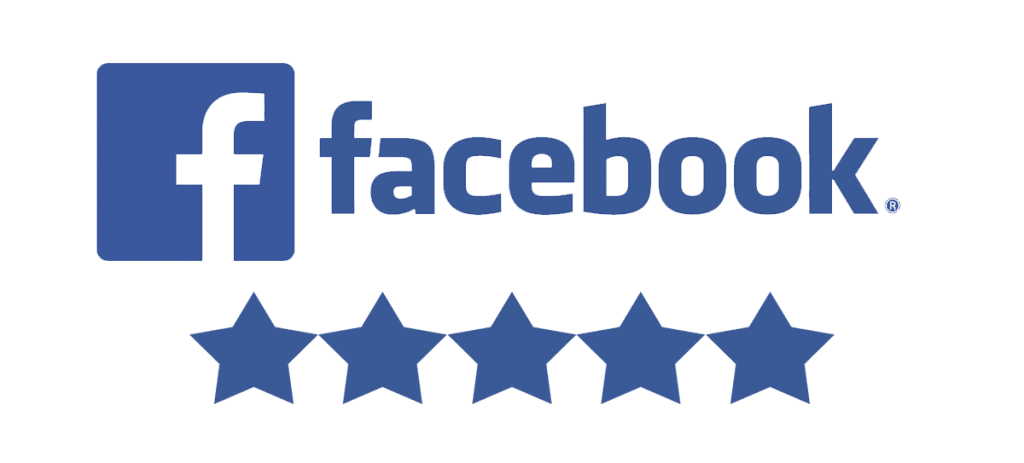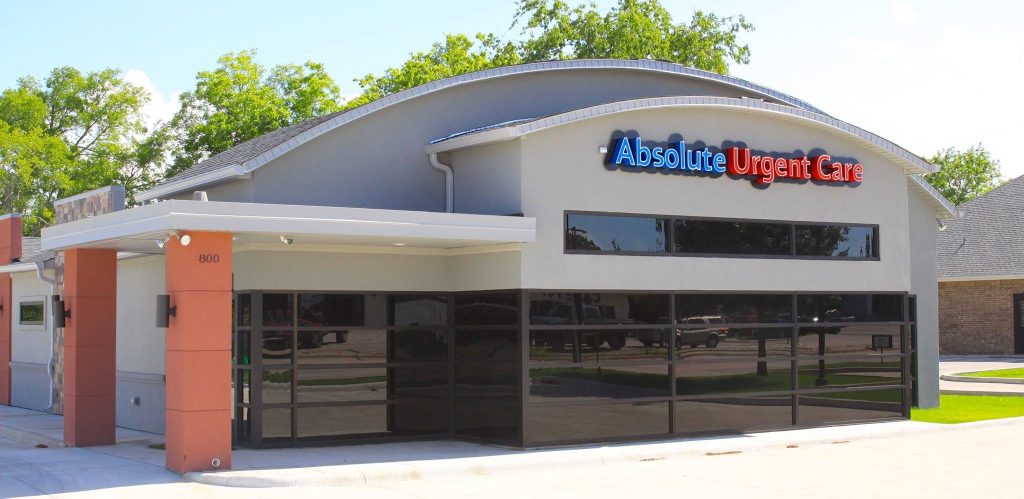Numerous children and their families are troubled by allergy. An effective allergy management can improve the child’s quality of life significantly and ward off dangerous anaphylactic responses. Absolute Urgent Care understands that parents face a lot of challenges, hence we offer complete allergy management strategies. The purpose of this blog post is to discuss safe and effective ways of managing allergies in children to guarantee their well-being.
What Are Childhood Allergies?
Childhood allergies are those immune overreactions to substances which are usually not harmful such as pollen, dust mites, pet dander or some types of food. Common symptoms include sneezing, runny nose, itchy eyes and skin rashes but severe cases may result into anaphylaxis. Knowing the specific allergens that affect your child is important for the initial stage of managing allergies effectively.
How Can You Identify Allergies?
The first step towards managing allergies is identifying the specific allergens responsible for these reactions including:
Medical History and Observation
Allergy Testing
It is important to consider consulting with healthcare professionals from Absolute Urgent Care for tests regarding allergy testing so as to identify various allergens like blood tests or skin prick tests which will help in developing targeted management plans accordingly.
Methods Used in Dealing with Allergies
When allergens have been identified, several strategies can be used to handle allergic reactions and minimize them too.
Avoidance
To manage allergies successfully it is most effective to stay away from what causes them such as:
Indoor Allergens: Regular house cleaning or vacuuming keeps down dust mites or pet dander; use hypoallergenic beddings besides creating a no pet zone especially inside your child’s room.
Outdoor Allergens: Watch pollen counts then reduce outdoor activities during high pollen seasons; shut windows at peak times for pollination using air conditioners which filter indoors.
Food Allergens: Be sure to read food labels well and teach your child about safe foods and unsafe ones. These people must be informed about your child’s allergies of food, such as caregivers, school administrators, and restaurant servers.
Medication
By utilizing medication some allergic symptoms can be controlled while severe reactions can be avoided. It is advisable to consult the health care provider at Absolute Urgent Care for them to prescribe appropriate medications that include:
- Antihistamines
- Nasal Corticosteroids
- Epinephrine Auto –Injectors
Immunotherapy
In children, allergy immunotherapy (allergy shots or sublingual tablets) may offer long-term relief by gradually desensitizing the immune system to specific allergens. If avoidance and medication has not been of sufficient help it might be considered.
Environmental Control
Reducing exposure to allergens significantly takes place when you create a healthy environment within homes as well as schools. Consider these measures:
- Air Quality: Use HEPA filters in air purifiers and vacuum cleaners to reduce airborne allergens.
- Humidity Control: Keep indoor humidity levels between 30-50%to prevent mold and dust mite growth.
- Cleaning Practices: Hot water washing should be done regularly on beddings, curtains and stuffed animals in order to eliminate allergens.
Parenting that Educates and Empowers Your Child
It is very important to teach your child about their allergies and how to manage them. Some of the information you can empower them with includes:
Recognizing Symptoms: Make sure they know what indicates the onset of an allergic reaction.
Avoidance Techniques: Teach them ways to keep away from allergens and make safe choices, particularly where food is concerned.
Emergency Response: Instruct your child on how to use an epinephrine auto-injector when they are experiencing an allergic reaction, and why it is necessary for them to seek help.
Partnering with Absolute Urgent Care
Regular Check-Ups
Routine check-ups are essential for monitoring your child’s allergy management plan. Adjustments may be necessary based on changes in symptoms or new allergen exposures.
Support and Resources
We offer resources and support to help families navigate allergy management, including educational materials, support groups, and access to allergy specialists.
Managing allergies in children requires a comprehensive and proactive approach. By identifying allergens, implementing avoidance strategies, using appropriate medications, and creating a supportive environment, you can help your child live a healthy and active life. Absolute Urgent Care is here to assist you in every aspect of allergy management, ensuring your child’s well-being and peace of mind for your family.


